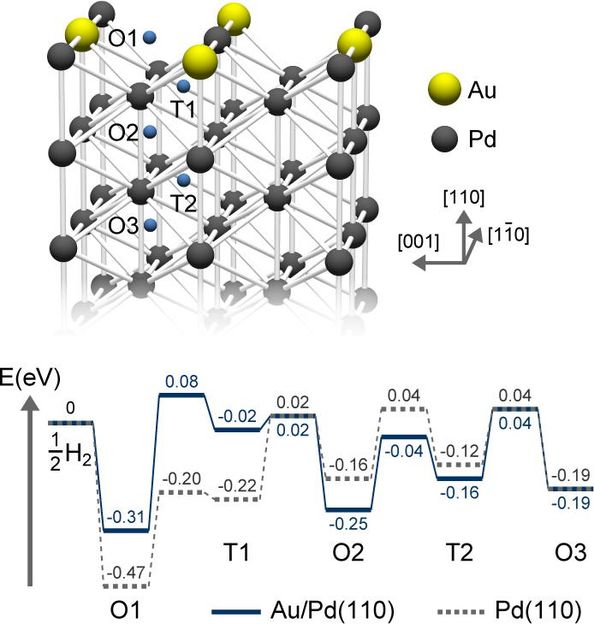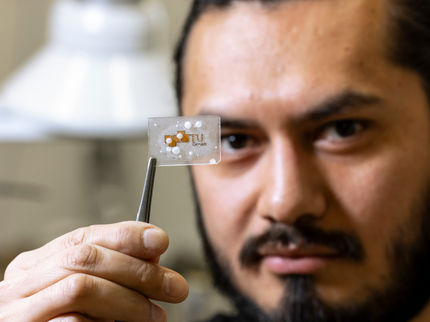New technology for ultra-smooth polymer films
The Fraunhofer FEP has succeeded in developing a new technology for the production of ultra-smooth polymer films as part of the "OptiPerm" project. This project received funding from the European Union and the Saxony State Ministry of Economics, Labor and Transport. The technology, which was previously demonstrated on samples in A4 format, has now been successfully transferred to a roll-to-roll process with even higher surface quality.
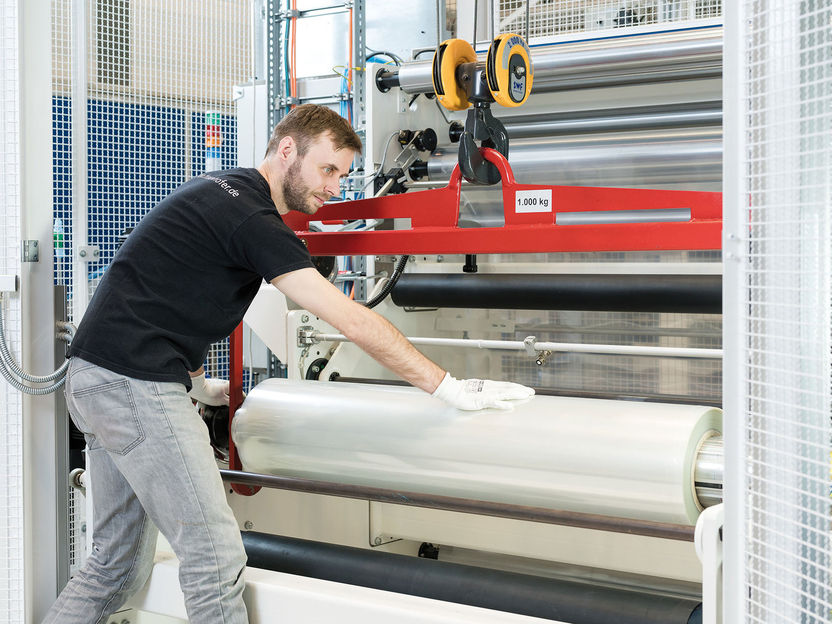
Flexible film substrate of 1.25 meter width at the roll-to-roll coating line „atmoFlex 1250”
© Fraunhofer FEP
Smooth surfaces with low defect densities are of great importance for many application areas, be they decoratively coated vehicle bodies, high-gloss and dirt-resistant furniture, or ultra-smooth metal and plastic films that serve as substrates for high-tech industries. Particularly in latter case, subsequent finishing steps can only exhibit their full potential if the surface quality of the substrate is also at a very high level.
For example, films for the encapsulation of electronic components need thin permeation barrier layers made by a vacuum coating process that prevent against penetration of oxygen and moisture. Defects on the substrate surface would compromise these thin coatings.
The deposition of active electronic layers, for example for OLEDs or touch screens, requires ultra-smooth surfaces to ensure reliably capabilities such as light emission and conductivity over large-areas.
Scientists at Fraunhofer FEP have now developed a new method for creating ultra-smooth surfaces – dubbed the smoothing-film approach. “This innovative process does not require any special processing environment and could therefore also be used under standard factory conditions,” explains Dr. Steffen Günther, Project Manager at the Fraunhofer FEP. “Expensive clean rooms are not required for this process.”
With this new approach, a wet coating is first applied to a flexible substrate. Immediately afterwards, the coating is covered while still wet with a second film, the smoothing film. Subsequently, the wet coating is cross-linked through the smoothing film by an energetic drying process. An electron beam is used therefore at Fraunhofer FEP due to its high performance regarding cross-linking ratio. The smoothing film may be lifted off directly after cross-linking or stay on top the coating as a protection until the next downstream processes take place. In order to reduce the costs for the smoothing films, their reusability was examined. The scientists were able to show that even after reusing the smoothing film ten times, no increase in defect density or decrease of surface quality was observed.
The process was initially carried out and evaluated on samples in A4 format. Subsequent is has been transferred to the roll-to-roll coating line “atmoFlex 1250”. This plant was built by the mechanical engineering company 3D-Micromac AG and offers the possibility to coat flexible films of 1.25 meter width in roll-to-roll process at Fraunhofer FEP. The results of the process transfer to roll-to-roll technology even exceeded the expectations by far. Not only was the reproduction of the new smoothing-film approach successful. The test results of the roll-to-roll processed substrates even outperformed those from the A4 samples by a factor of four.
The defect density determined using white-light interferometry was approx. 1%. This corresponds to the defect density of films planarized in expensive clean-room environments.
These positive results can now build the basis for developing further innovative film products with industrial partners. The scientists are already contemplating ways to further improve the technology and also how to transfer it to other areas of application.
Organizations
Other news from the department science
These products might interest you
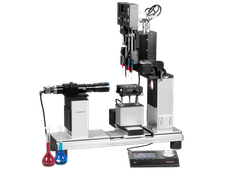
OCA 200 by DataPhysics
Using contact angle meter to comprehensively characterise wetting behaviour, solids, and liquids
With its intuitive software and as a modular system, the OCA 200 answers to all customers’ needs
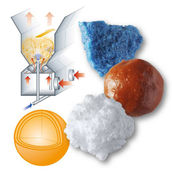
Tailor-made products for specific applications by IPC Process Center
Granulates and pellets - we develop and manufacture the perfect solution for you
Agglomeration of powders, pelletising of powders and fluids, coating with melts and polymers
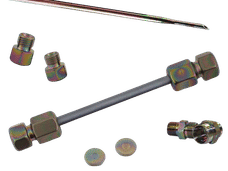
Dursan by SilcoTek
Innovative coating revolutionizes LC analysis
Stainless steel components with the performance of PEEK - inert, robust and cost-effective

Get the chemical industry in your inbox
By submitting this form you agree that LUMITOS AG will send you the newsletter(s) selected above by email. Your data will not be passed on to third parties. Your data will be stored and processed in accordance with our data protection regulations. LUMITOS may contact you by email for the purpose of advertising or market and opinion surveys. You can revoke your consent at any time without giving reasons to LUMITOS AG, Ernst-Augustin-Str. 2, 12489 Berlin, Germany or by e-mail at revoke@lumitos.com with effect for the future. In addition, each email contains a link to unsubscribe from the corresponding newsletter.
Most read news
More news from our other portals
Last viewed contents

Modified microwave oven cooks up next-gen semiconductors - The breakthrough could change the geometry of transistors used in microchips

Markus Lusser is new president of Leica Microsystems
